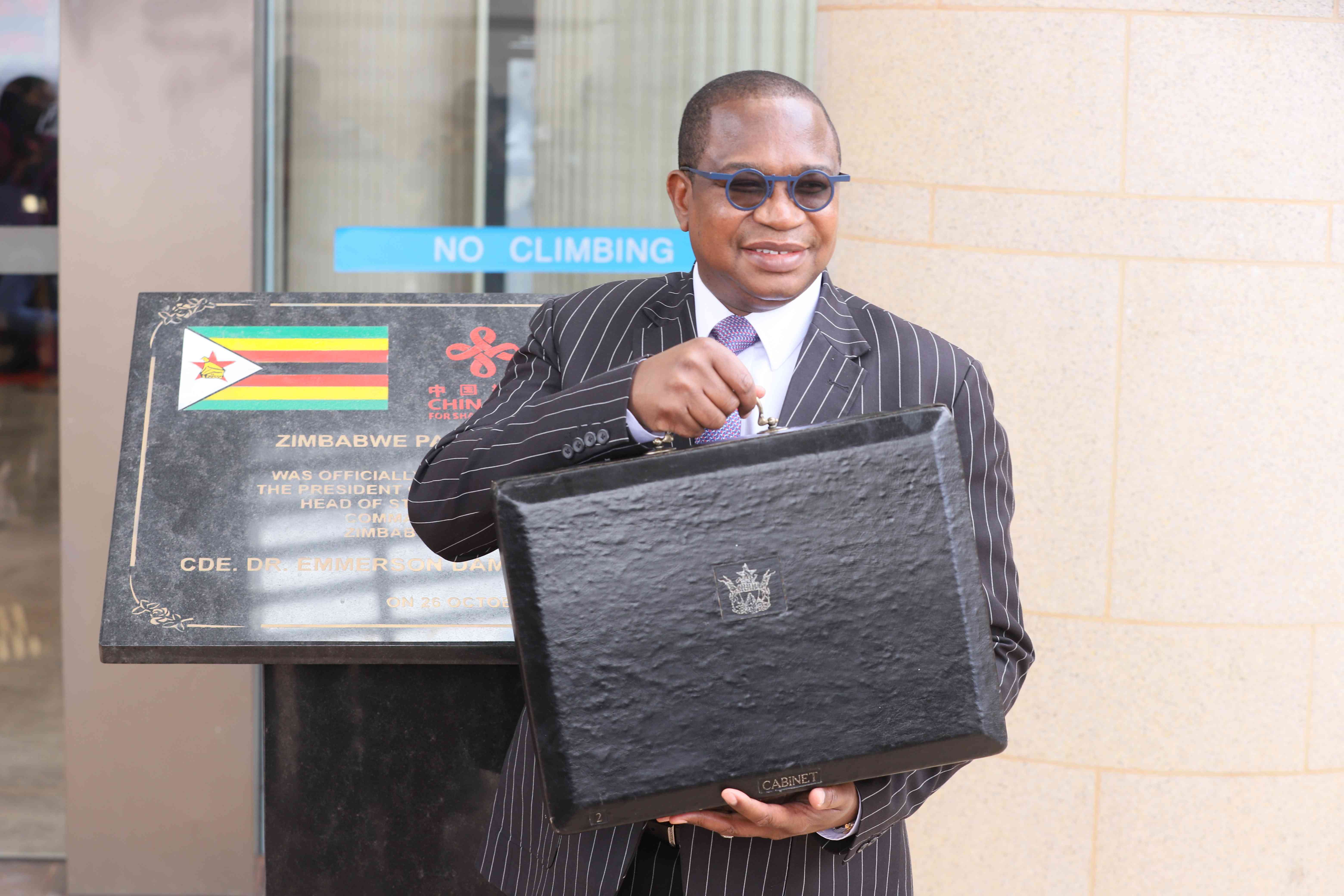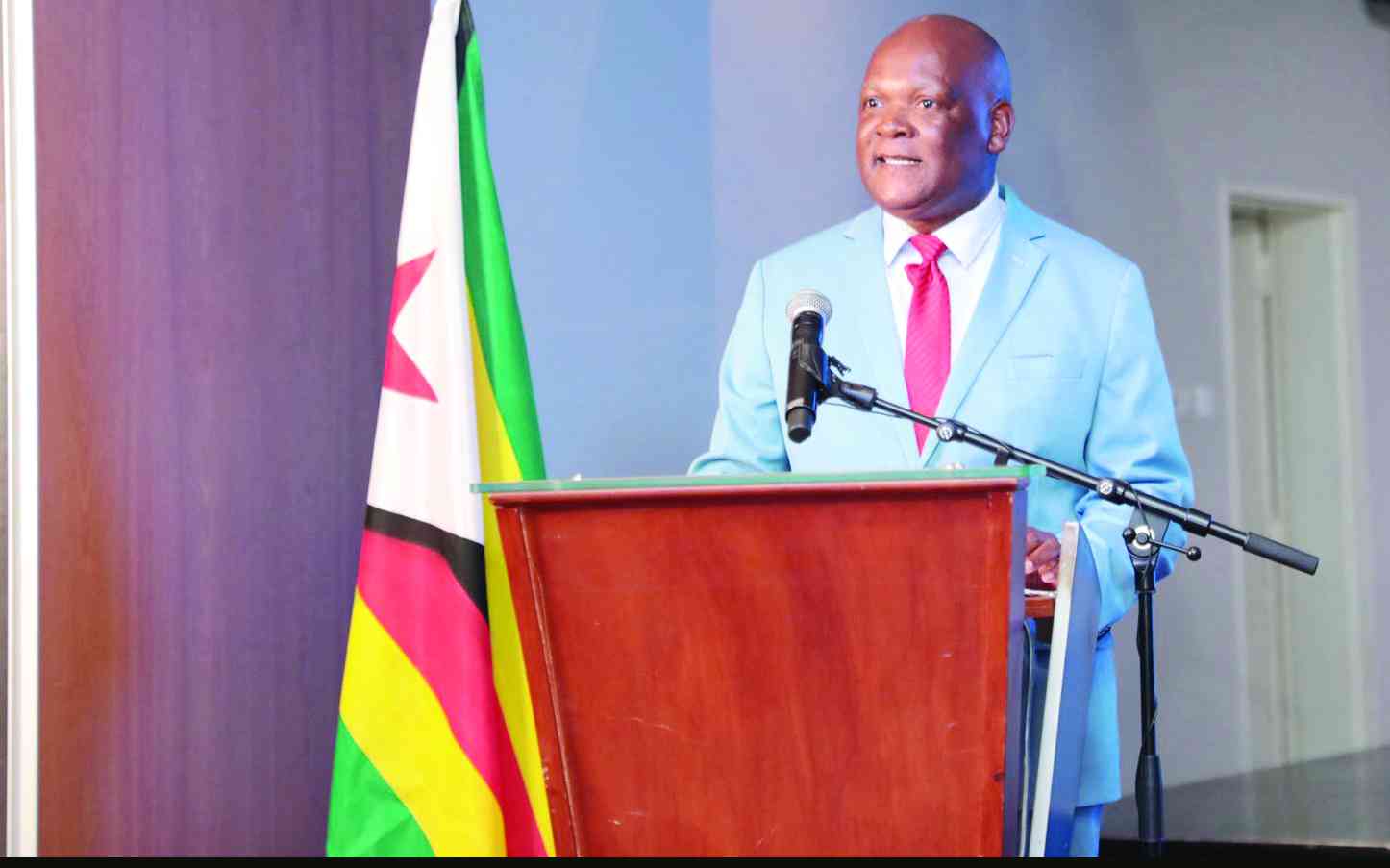OPPOSITION legislators yesterday accused Finance minister, Mthuli Ncube, of condemning millions of citizens to a life of misery with an anti-people budget containing a basket of tax increases beginning January.
Ncube presented a ZWL$58,2 trillion 2024 budget at the New Parliament Building in Mt Hampden saying the domestic economy is projected to grow by 3,5% next year.
The budget blueprint has a raft of new taxes and increases on fuel and a sugar levy, tollgate, vehicle registration and passport fees, mansion tax and a surcharge for vehicle imports, among others.

Citizens Coalition for Change (CCC) legislators said the budget was uninspiring and anti-people as it increased the cost of doing business and living at a time when millions were failing to make ends meet.
Marondera Central legislator, Caston Matewu, said this was the worst budget ever presented.
Keep Reading
- Chamisa party defiant after ban
- Village Rhapsody: How Zimbabwe can improve governance
- News in depth: Partisan police force persecutes opposition, shields Zanu PF rogue elements
- Chamisa chilling death threat bishop defiant
“This is a very anti-people budget,” Matewu said.
“This budget has various taxes on everything that push up the cost of services and goods. This government wants to get money by stealing from the people. We will oppose this budget when we start debating it next week.”
Dzivarasekwa legislator Edwin Mushoriwa said the budget was punitive.
"This budget punishes the poor people. If you look at the budget deficit, the minister has failed to come up with progress(ive) steps of raising revenue in a proper manner and this is not right,” Mushoriwa said.
Ncube also announced a ZWL$2,4 trillion budget for social safety programmes targeting the poor, but CCC legislators said this was not enough when the majority were failing to afford basics.
Ncube also reviewed the tax-free threshold on incomes to ZWL$750 000 from ZWL$500 000.
However, inflation has rendered the move mute because of the rising cost of living.
CCC chief whip, Clifford Hlatwayo, said the poor would become poorer with the raft of new taxes.
“This is a zero budget. Ncube did not include or consider the plight of the poor.”
Zanu PF legislators, however, defended the budget saying Ncube had no option but to put in place tough measures to reduce the budget deficit and restore fiscal discipline.
Zanu PF chief whip Pupurai Togarepi said:" The budget is so inclusive of everyone, especially on taxes. Everyone has to pay tax; the wealthy are going to pay tax as well. It’s a budget that has everything that we want as Zimbabweans."
Economic analysts criticised the budget saying it does not address Zimbabwe's never-ending socio-economic crisis.
Analyst Tafadzwa Bvunzawabaya said the budget would not help to reduce the budget deficit or stimulate economic growth.
"The budget is based on unrealistic assumptions about economic growth and revenue collection," Bvunzawabaya said.
"The government is simply borrowing more money to finance its spending, which is unsustainable in the long term."
Ncube has also introduced a new wealth tax to ensure that high-income earners pay taxes.
“In order to ensure that every person contributes to the fiscus in line with their levels of income, I propose to introduce a wealth tax levied at a rate of 1% of market values of residential properties with a minimum value of US$100 000,” the minister said.
The new tax triggered debate on social media yesterday, but Information permanent secretary Ndavaningi Mangwana said it was long overdue.
“It’s a recognition of the fact that there are people with high value properties who have not paid any tax on the income from which they bought or built such mansions,” Mangwana argued on X.
“In Zimbabwe, there are many such people. A variant mansion tax has been proposed in Zimbabwe. We are not alone in this. Many states in America charge for having a high value home.
“This will catch many and hence many are going to express opposition to it. But it's natural for people to resist and try to avoid taxation. And its natural for government to insist and enforce.”





